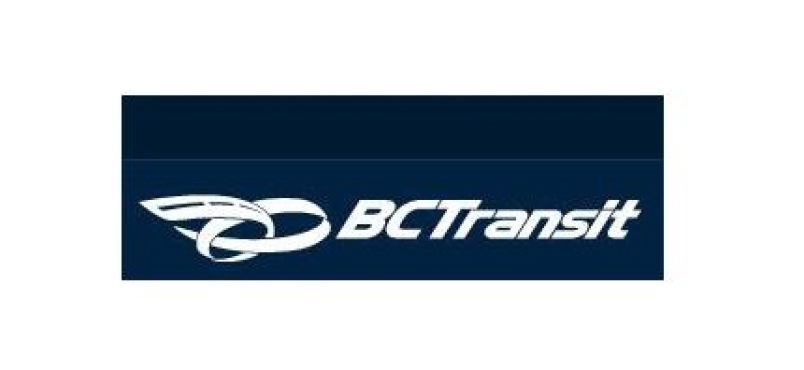The Regional District of Bulkley-Nechako has approved a new inter-community transit service as part of the B.C. government's
$5 million Highway 16 Transportation Action Plan.
The service will have new buses from BC Transit run three days a week linking the communities of Smithers, Burns Lake and Prince George.
Public transit has been sought for years by communities along the highway wanting to make the route safer.
The 750-kilometre route from Prince Rupert to Prince George has been labelled the Highway of Tears because of the 18 women who have been murdered or gone missing on or near Highway 16 since the 1970s.
"This new transit service will have a very positive impact on the people who live, work and attend college or university in Prince George so it is wonderful to see this agreement being signed," said Mike Morris, Minister of Public Safety and Solicitor General and MLA for Prince George-Mackenzie.
"For the people who live in the smaller northern communities, this new inter-community bus service will help link them to new job opportunities in Prince George, which is a great thing for people of all ages and for young people just starting out especially."
The transit service is set to begin later this spring.
"Transit connects people to jobs, schools, services, healthcare, family and friends," said Shirley Bond, MLA for Prince George-Valemont.
"This plan is the result of collaboration and partnership and this transit enhancement will have an immediate and positive benefit on personal safety and quality of life for people who live and work in our region."
The B.C. government through the Highway 16 Transportation Action Plan has committed to five years of transit funding and is covering the total cost of the buses as well as funding two-thirds of the operating costs.
Local governments, including the City of Prince George, are splitting the remaining operating costs for the service.



